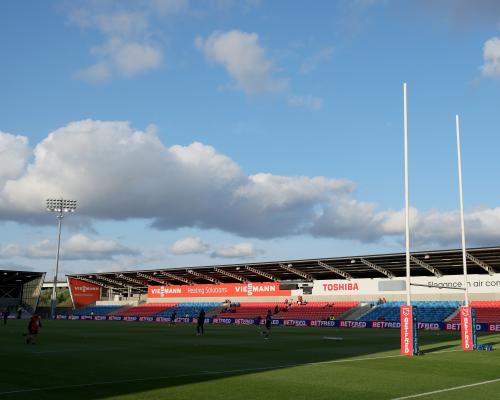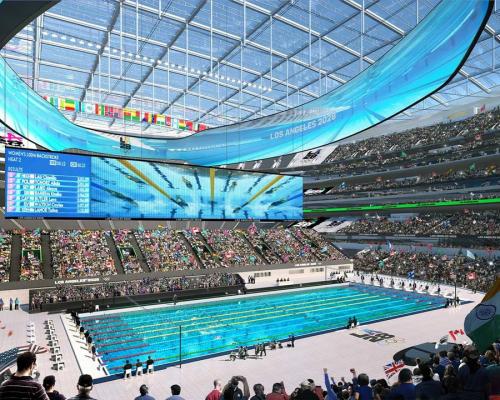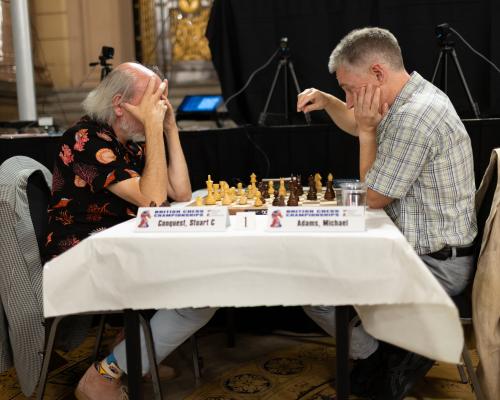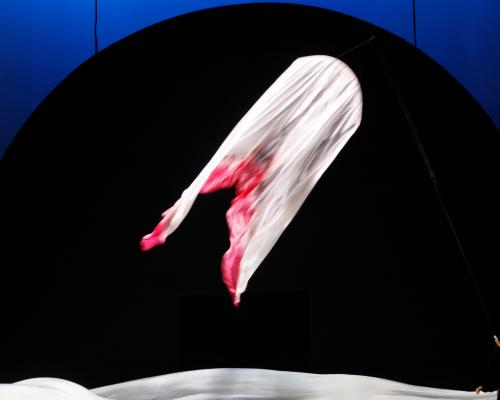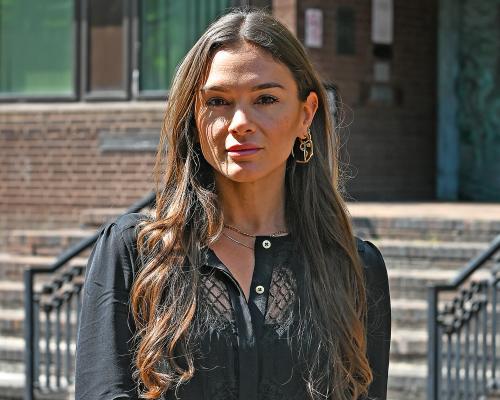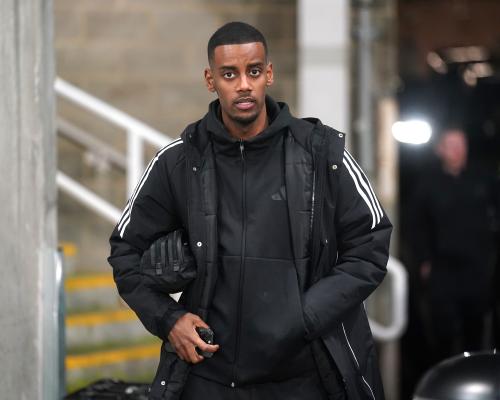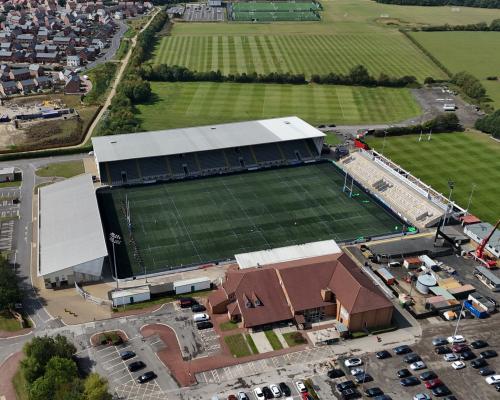
Newcastle Falcons already had wings, but after their purchase by Red Bull a club that have long been in freefall should once again take flight.
Within 24 hours of the takeover completing on Tuesday, the rebranded Newcastle Red Bulls had already sold more season-tickets than for the whole of last season, with Wednesday’s sales figure the highest for a single day in the club’s 29-year professional history.
“It’s amazing for the sport and for Newcastle,” says the former Falcons winger and England Sevens captain Ollie Phillips. “With Red Bull’s backing Newcastle can become the best known rugby team in the world.”
Red Bull’s impact may have been almost immediate, but getting to this point has taken considerable time. A source at the Austrian energy drinks company described this week’s announcement as the culmination of a two-year journey into rugby.
Unusually, the Newcastle purchase was driven by its London office rather than company headquarters in Fuschl, Austria, which was behind moves into Formula One and extreme sports, as well as a growing football stable that now includes almost 10% of Leeds United as well as the flagship clubs Red Bull Leipzig and Red Bull Salzburg. Significantly, however, Red Bull Sport’s managing director, Oliver Mintzlaff, who oversaw the removal of the F1 team principal Christian Horner earlier this summer, announced the takeover, which shows it has the backing of the people who matter.
Red Bull has invested in rugby before and has endorsement deals with the England winger Jack Nowell and South Africa’s double World Cup-winning captain Siya Kolisi having previously sponsored the Rugby Football Union, but Newcastle are the first club it has bought. The process began when the London-based marketing executives Pete Charles and Damian Marshall contacted the RFU and Premiership Rugby Limited two years ago to discuss potential further investments in rugby.
“We like rugby because it is where extreme sports meets the mainstream,” the Red Bull source said. “It’s exciting, fast-paced and contains that element of risk that appeals to our customers. We think rugby has been undervalued historically, and want to help grow the sport generally, and of course, in Newcastle, in particular.”
Red Bull approached the talks with an open mind, but it soon became clear that rather than another sponsorship deal they wanted to buy a meaningful stake in a club or league. An invitation to invest in the proposed new breakaway league, R360, was dismissed with Red Bull preferring to partner with an established competition.
With London Irish and Wasps all having gone out of business in the past two years, and seven of the 10 remaining Premiership clubs effectively trading insolvent with net debts of more than £300m, there were no shortage of takers. While Red Bull spoke to other clubs, Newcastle soon emerged as the preferred option due a combination of their desperate need for funding and the potential upside – a big city club with a young population in a sports-mad region, with no other professional rugby union club for 100 miles.
“It’s a stroke of genius from Red Bull,” says Phillips, who now runs his own executive coaching company, Optimist Performance. “They’ve bought access to a huge market pretty cheaply. They can promote their products to all the students in Newcastle, Durham, Northumbria and York.
“And by buying a team at the bottom of the league they’re almost guaranteed to succeed, at least in relative terms. If there’s sporting success in the north-east people follow pretty quickly.”
Red Bull’s other sporting investments have followed a similar model of buying distressed assets and embarking on transformation projects, and Newcastle certainly fit that template. Steve Diamond’s side have won only two Premiership games in the past two years so the only way is up, but Red Bull has provided funding before the takeover was completed to facilitate the signings of the New Zealander back rower Tom Christie from Crusaders and the Argentinian scrum-half Simón Benítez-Cruz.
A flood of new signings is not anticipated this summer due to salary cap restrictions and limited player availability, but Red Bull are understood to be working to a 10-year plan that features winning trophies in the next decade and qualifying for European competitions within five years. Much attention will be placed on improving the pathway and subsequent retention of players development by a historically successful academy, with the recent graduates Jamie Blamire, Callum Chick and Adam Radwan all leaving the club for better opportunities elsewhere to advance their domestic and international careers.
While Diamond is staying on to run the rugby department, Red Bull has already begun recruiting for a new managing director with a brief to overhaul the club off the field. There will be considerable investment in the Kingston Park stadium, a new indoor facility is planned at their training ground and the matchday experience for fans is likely to be transformed, with exhibitions from extreme sports and live stunts on the cards. A new club badge will accompany the rebranded Red Bull name, while a new kit launch is already being planned for the middle of the season.
For Premiership Rugby the takeover is particularly timely as the domestic top-flight is also being rebranded this season, and from next month will be known as the Gallagher Prem, part of a campaign to engage younger audiences by talking up the league’s intensity, physicality and occasional brutality.
After the disastrous post-Covid years of decline and bankruptcy club rugby has bounced back in the past couple of seasons, with TV viewing figures up 30% year-on-year in 2024-25, which persuaded TNT Sports to pay £200m for a new four-year rights deal.
“It’s a totally unique investment,” says Simon Massie-Taylor, the chief executive of Prem Rugby. “Ultimately Red Bull are in the business of selling drinks and part of their strategy is to tell really compelling stories about high performance, which they have a lot of experience in.
“Red Bull are brilliant marketers and the Newcastle journey will be great for them. They’ve bought an under-performing team with the potential to significantly grow its fanbase – it will be fascinating to see it play out.”

